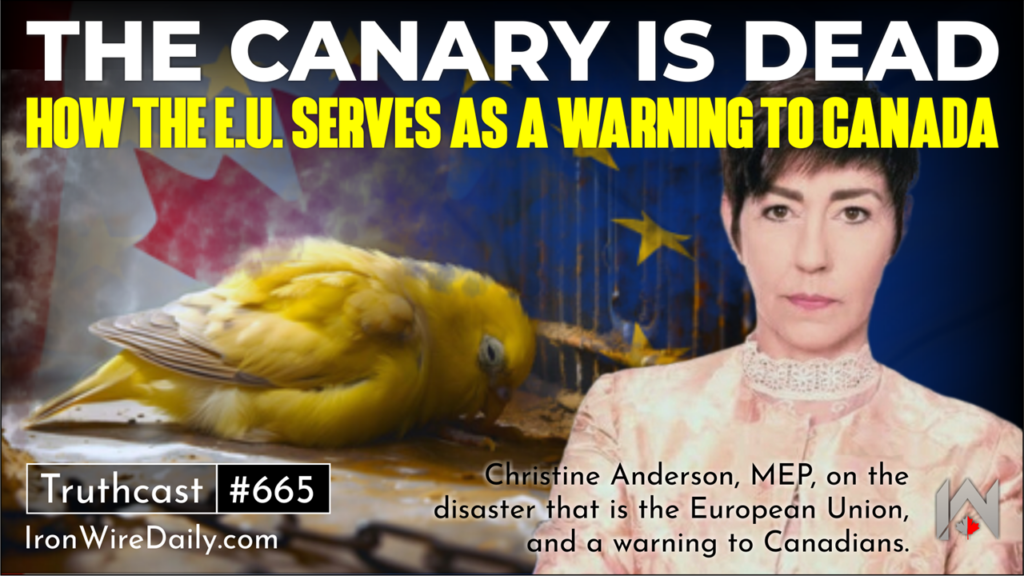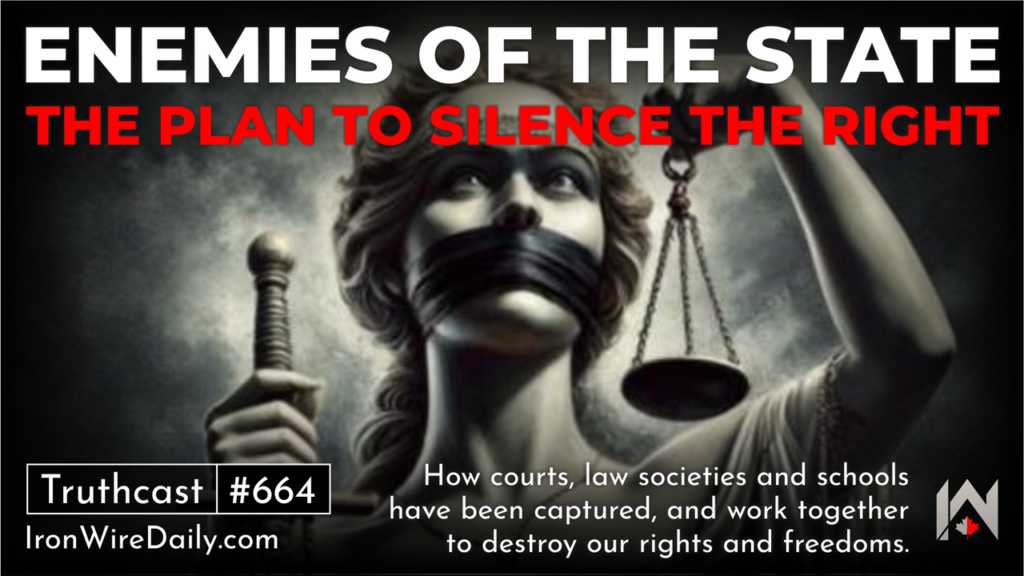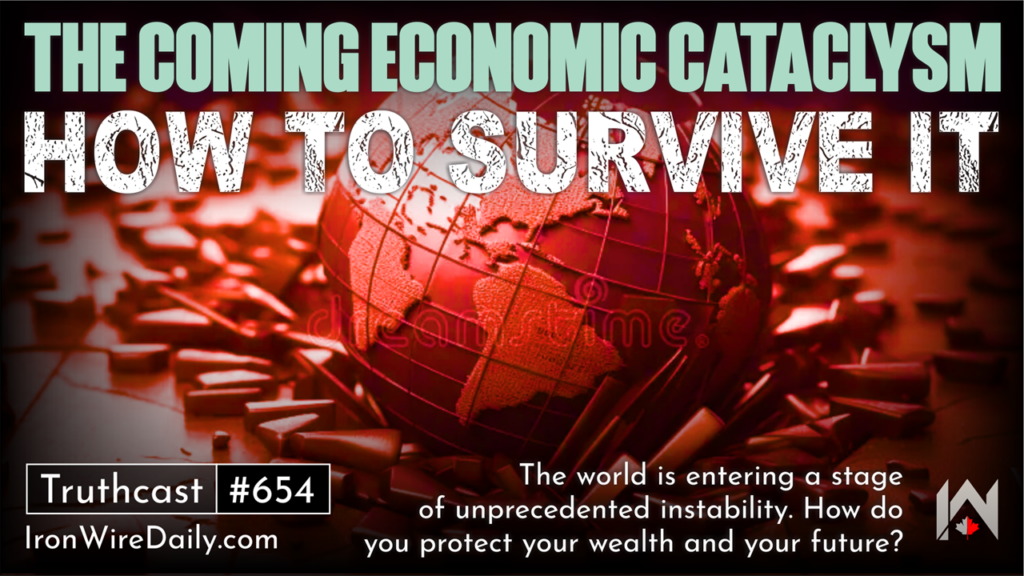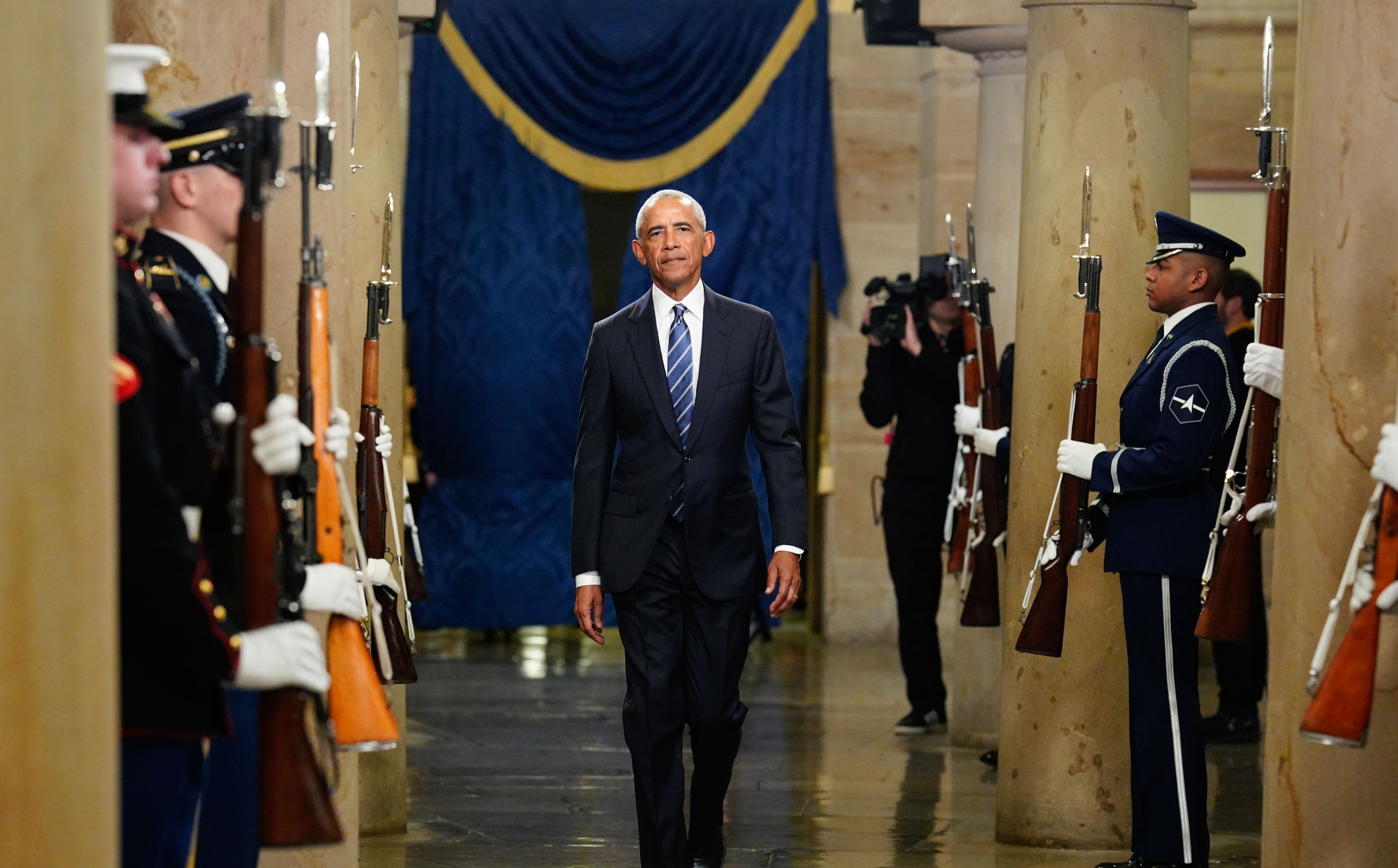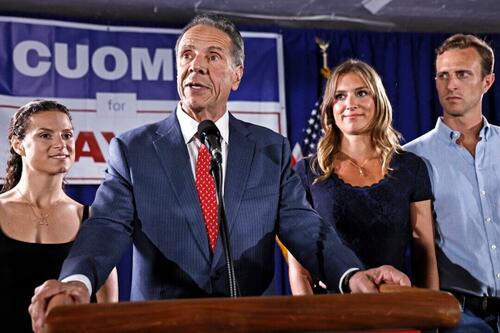(0:00 - 0:14)
In recent years, the Canada that many of us knew and loved has become unrecognizable. Unbridled immigration has all but erased our culture. Woke ideologies have brainwashed our children.
(0:15 - 0:33)
Jobs are awarded for anything but merit. And our courts and governments have become complicit in the globalist agenda to steal from us our rights and freedoms, and make of us slaves subject to their totalitarian control. But it could still get very much worse.
(0:34 - 1:30)
Christine Anderson, a member of the European Parliament, ingratiated herself with the Conservative Canadians when, three years ago, she singled out Justin Trudeau as a dictator. Based on Article 195, I have no doubt that it would have been more appropriate for Mr. Trudeau, Prime Minister of Canada, to address this house according to Article 144, an article which was specifically designed to debate violations of human rights, democracy, and the rule of law, which is clearly the case with Mr. Trudeau. Then again, a Prime Minister who openly admires the Chinese basic dictatorship, who tramples on fundamental rights by persecuting and criminalizing his own citizens as terrorists, just because they dared to stand up to his perverted concept of democracy, should not be allowed to speak in this house at all.
(1:30 - 1:37)
Mr. Trudeau, you are a disgrace for any democracy. Please spare us your presence. Thank you.
(1:38 - 2:10)
But Ms. Anderson has been vocal on many other aspects of the globalist agenda as well. Despite being an MEP herself, she objects to the very idea of the European Union, which is nothing but a model for a global government. I had the opportunity recently to sit down with Christine and discuss the issues that face both the European Union and Canada, but where the globalist agenda has advanced in Europe to the point where they have become our canary in the coal mine.
(2:11 - 2:34)
In this interview, Ms. Anderson shows us just how bad the situation in Europe really is, and where Canada will end up if we do not put a stop to the leftist globalist agenda. Gangs of immigrants ruling our streets. Energy so expensive that people will freeze in their homes while that same energy becomes increasingly unreliable.
(2:34 - 2:59)
Our country flat broke to the point where we will risk being taken over by the IMF. And streets so dangerous that even in broad daylight, it is not safe for a woman to walk alone. Christine, thank you so much for your time today for this interview.
(3:00 - 3:10)
Oh, thanks for having me. And you ingratiated yourself with conservative Canadians a couple of years ago when you very publicly put down Justin Trudeau in the European Parliament. Thank you so much for saying what we're all thinking.
(3:11 - 3:24)
But what a lot of people don't know is that you have been extremely vocal about conservative values and against the globalist agenda. And so these are the things I wanted to talk to you about today, because there's a lot going on in the European Union right now. It's probably war coming.
(3:24 - 3:42)
There's the economy, there's the immigration. And these are all things that you have addressed. And the European Union, because of its globalist leanings and control, is kind of a canary in the coal mine for Canada, because we've got the same kind of thing happened here, but the Union's a little bit farther down the road.
(3:42 - 4:02)
And so I really wanted to get your views as really a warning of where Canada's going to end up if we keep following this path. Yeah. So when I first heard about that Carney might have intentions of, getting closer to the EU, possibly even becoming a part of the EU or what have you not.
(4:02 - 4:15)
My advice to Canadians would be the advice I give everyone that is thinking about joining the EU Union. It's actually run. Run as fast and as far away as possible.
(4:16 - 4:27)
So the EU, it's not a democracy. It is a facade for democracy, a democracy illusion. Just take in the EU Parliament.
(4:28 - 4:43)
We are by no means a parliament, at least not in the sense that you would think the parliament should operate, right? The parliament usually has the powers to pass laws. We don't pass laws. That's actually done by the council.
(4:43 - 5:09)
It's the body that is comprised of the members of the national executive. And if everyone listened to what the teacher had to say in school, in democracies, you actually have division of power and you should never mix, you know, you have the adjudicative, you have a legislator and you have the executive and you should never mix those. On the EU level, however, they are mixed.
(5:09 - 5:30)
So you have the national executive from the national member states that are passing the laws on EU level. What does that mean? What are the repercussions of that? Well, it's quite simple. Let's say the German government wanted to pass a law, right? And the German Bundestag, the only legitimate representation of the German people said, no, we don't want this law.
(5:31 - 5:48)
We're not going to pass it. So usually the story would be done right here and there. But what does the secretaries do or the members of the government do? They simply travel to Brussels, introduce the law there or get the commission to introduce the law and then it gets passed there.
(5:48 - 6:04)
But then it comes back to the member states and they have, it's mandatory. Whatever comes from the EU, they have to then put it in law. In essence, the German people, the suffering of Germany has been bypassed effectively.
(6:04 - 6:18)
And that without even changing the constitution or upending it, they just circumvented it. And you've got a number of nations within the EU that are talking about exiting. Poland did before Donald Tusk got elected.
(6:18 - 6:31)
There's Hungary, there's the Netherlands and even the Dexit movement in Germany. Yes. How far along do you think that nobody yet, aside from Great Britain, which already left, has come right out and said, we're leaving.
(6:31 - 6:50)
But from what you're hearing behind closed doors, perhaps other conversations, how close do you think this is to happening? There is talks about that, especially in the Eastern European countries. For the simple reason, the people in Eastern European countries, they recognize totalitarianism when they see it. Because they've lived through it.
(6:50 - 6:55)
They've seen it. They know what it feels like. And they're feeling the exact same thing.
(6:56 - 7:08)
So they have learned how to read a newspaper. It is not important what the newspaper says. The most important thing, what doesn't it say and what is written between the lines.
(7:08 - 7:25)
And they just see it. So there is a strong movement sort of like away from the EU. However, with the Eastern European countries, since they're economically not that strong, they usually get lured back in with the promise of money.
(7:26 - 7:38)
But the EU also threatens these countries. Look, if you don't do A, B and C, as we tell you to do, we will cut your funds. That happened in Poland a number of times.
(7:39 - 7:54)
So that usually works just fine. In Germany, my party, we are very critical of the EU institutions for very good reasons. I mean, it's the biggest Nazi asylum in the world, just to say it like that.
(7:56 - 8:14)
So we do so for very good reasons. What we are asking, however, the German people, or we should hold a referendum. Do we want to stay in the EU or do we want to leave? Just like in Great Britain, right? And whatever the result is, I guess we're going to have to deal with whatever the result is.
(8:15 - 8:29)
But I was very glad that Nigel Farage finally came through. And he had been campaigning for 28 years on that. 28 years until it finally happened.
(8:31 - 8:48)
So that was very important for people that are critical of the EU, because it kind of set an example. It made clear, yes, you actually can leave the EU. And there isn't going to be lightning coming down.
(8:49 - 8:55)
You're not going to be washed over the face of the earth. Nothing is going to happen to you. You simply say, I want to leave and you leave.
(8:56 - 9:07)
So that was a very important step. You know, kind of like one brick taken out of the wall kind of thing. So, yeah, there is talks and we'll just see where it goes.
(9:08 - 9:27)
My personal opinion is there is no way to fix the EU, because it is corrupted on so many levels. And the way the EU institutions work, the way it's set up, it has nothing to do with freedom, democracy and the rule of law. It's downright anti-democratic.
(9:28 - 9:36)
And that is not a mistake. That is by design. It is to take away the democratic process further and further away from the people.
(9:36 - 9:49)
So the people will no longer even know who can they hold responsible for what decision. That's what this is all about. And the EU is, at least in my opinion, and I want your thoughts on this.
(9:49 - 9:54)
It is a model for a global government. Of course it is. That's exactly what it was set up to be.
(9:54 - 10:09)
And exactly when this is what is happening is we're learning that it's just a way to take away people's individual rights and freedoms, to destroy nationalism and to give the countries who are members of it no choice in going along with whatever they're told to do. But it is a failed experiment. It is.
(10:10 - 10:16)
The EU is flat broke, getting ready to go to war with Russia. Right. It has failed.
(10:16 - 10:48)
And so this is, once again, where I want your perceptions, because this is something that Canadians... So maybe I should explain, because you were actually alluding to the exact same, the proper thing here. So I'm totally convinced the ultimate goal, I mean, these problems that we are seeing, we're seeing them in every single Western democracy. And the ultimate goal, and I'm convinced that is the ultimate goal, they will, they want to install like a one world government.
